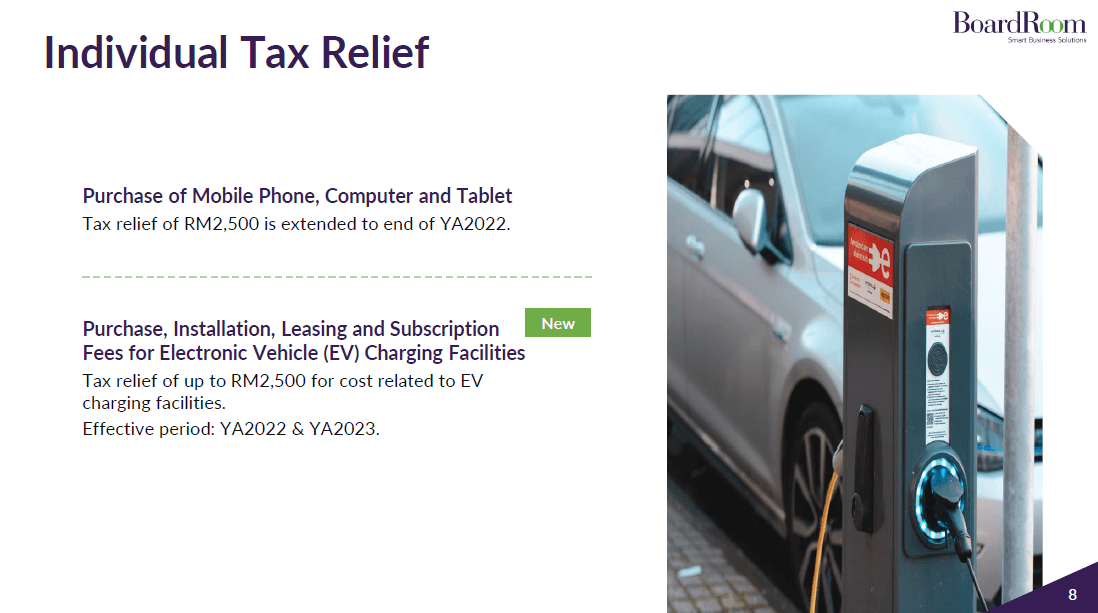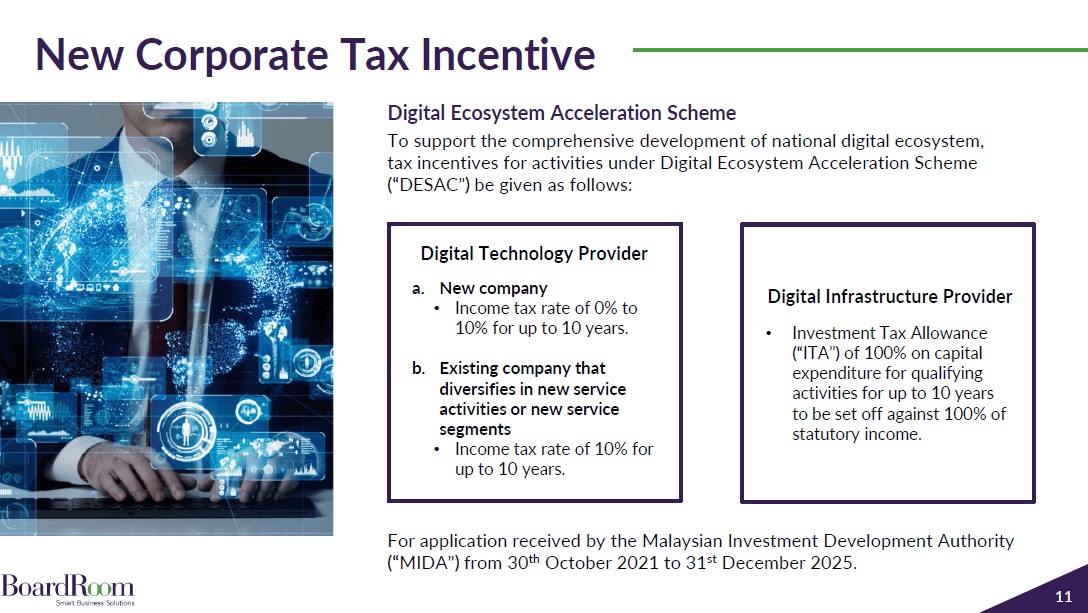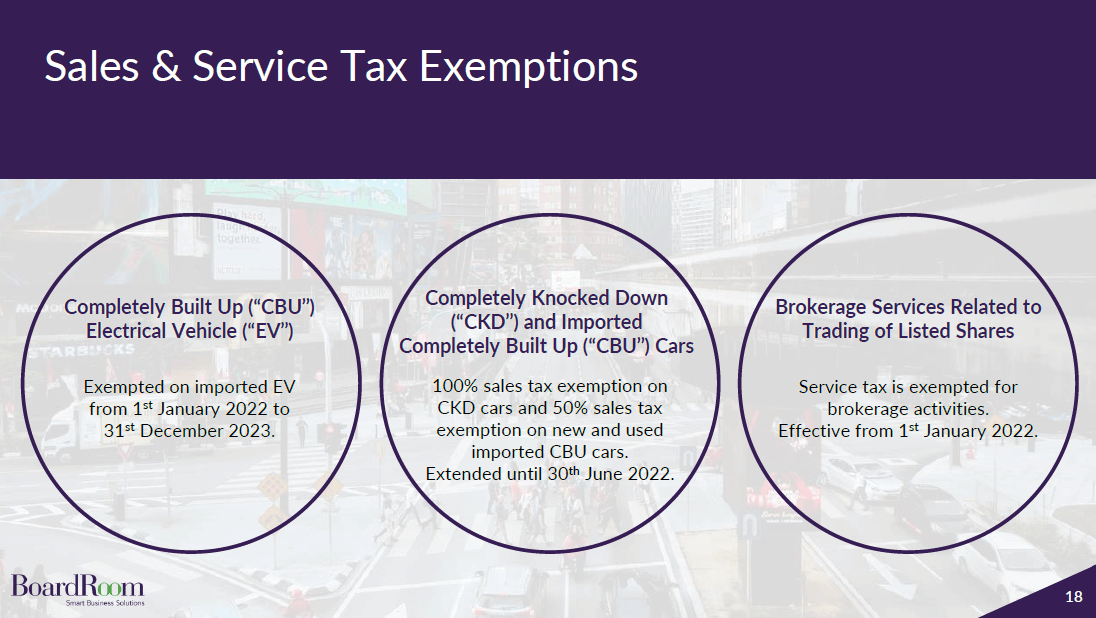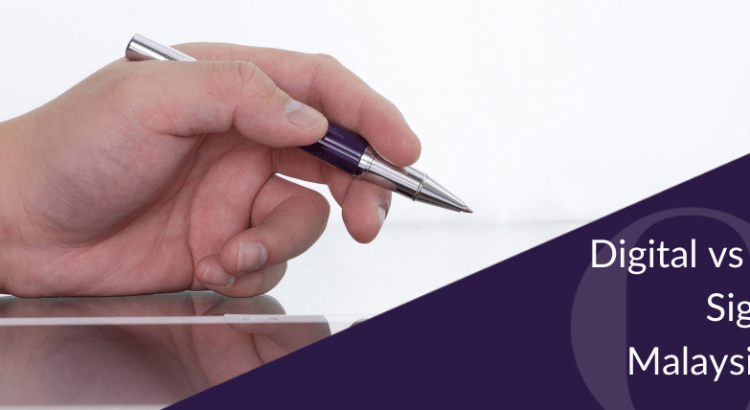Handling tax and accounting in-house is not easy for any business. Errors in these processes can have severe consequences, so they need to be executed with exceptional accuracy and skill. Multinational companies in the Asia-Pacific region face the additional challenge of navigating the complex rules and regulations of each jurisdiction they operate in.
Deloitte’s 2021 Asia Pacific Tax Complexity Survey revealed 80% of respondents felt the region’s tax regimes have become more complicated since 2018.
If given the choice, many tax and accounting executives would engage an international company taxation and tax planning advisor in Malaysia, Singapore, Hong Kong or China to handle all their accounts locally. But this gold standard isn’t the reality for most businesses, especially when they are new to expansion.
Often, businesses will engage an additional tax firm to handle local regulatory requirements each time they expand to a new region. It is an understandable approach – specialist firms are able to offer in-depth knowledge of local tax laws. The issue is that collaborating with multiple firms can present its own challenges.
Many tax executives in multi-country companies end up struggling with:
- Tax treaties and implications: difficulty understanding statutory and regulatory compliance resulting in penalty and delay.
- Communication issues: language and cultural variations can make fostering collaboration between separate tax service providers challenging.
- Staff retention: the great resignation is happening, so there are more new hires to onboard and train.
- Technology issues: technological systems and communication modes vary from country to country, which can cause issues during cross-border dealings.
Do these challenges sound familiar? If so, the solution may lie in consolidating your taxes with an international business tax advisory service in Malaysia, Singapore, Hong Kong or China. Wherever your business is centralised, a third-party advisor will be able to help administer your tax functions across the Asia-Pacific region via a single point of contact.
This article explores the advantages of consolidating your taxes with one firm and provides tips on selecting a suitable provider for your company.
The value of local knowledge
Governments across the Asia-Pacific region frequently set new laws and regulations, which means businesses must keep up with local tax environments as they evolve. This is particularly important when it comes to cross-border tax implications and treaties.
Outsourcing your taxes to a highly trained team will make it easier to navigate local requirements and manage your cross-border dealings successfully.
Malaysia’s tax system is particularly complex. Consider the Sales and Service Tax (SST), for example, which has replaced Malaysia’s GST. The SST has a fixed rate of 6% for service tax, and a variable rate between 5-10% for sales tax. Understanding your company’s requirements and having an expert advisor at hand can make all the difference when maintaining tax compliance.
When reporting season arrives, you can expect to leverage any and all tax benefits and incentives available to you when you have outsourced your accounting and compliance services to the same team that is handling your taxes. It can be easy to overlook tax breaks and exemptions if you do not have local expertise.
If your organisation operates in Malaysia only, you may be able to manage your taxes internally. But, for peace of mind that your multi-country business is operating with efficiency and integrity, you need to select a knowledgeable tax partner in Malaysia that has strong relationships in neighbouring countries.
Simplify communication
Before engaging a tax advisor, ask them whether you will be assigned a dedicated contact person or need to interact with people in different countries. The second scenario should be avoided, as you would face all the same challenges that in-house tax management brings and gain little benefit.
An ideal arrangement would have you communicating with a connected network of tax professionals via one point of contact. In this situation, you benefit from a wealth of tax experience without the difficulties of coordinating internal personnel.
The benefits of partnering and consolidating with a premium service provider can also offer great financial rewards.

Tax incentives and benefits will be optimised across your company while mistakes, miscommunication and delays are reduced. Implementing a single point of contact also makes it easier to keep consistency across your business and align your company goals.
When managing tax in multiple jurisdictions, it is also important to be aware of subtle differences in culture. A wide variety of cultures, customs, religions and languages exists throughout the Asia-Pacific region. To do business successfully and ensure productivity, it is crucial to work with a local contact who is part of a global team rather than spending time and effort on competing international opinions.
For help with tailoring your business approach for individual countries, seek a specialist international tax advisor in Malaysia, Singapore, Hong Kong or China.
Tax compliance is crucial
Tax operations are drawing increased scrutiny from authorities as regulations become more stringent. No business wants to be targeted for a tax compliance audit. And as budgets and staff numbers reduce, finance and accounting personnel are forced to accomplish more with less.
A global workforce transition poses another challenge for companies. Employees are increasingly looking for new positions that offer better pay or work-life balance – meaning teams and resources are often overstretched.
That said, legal requirements cannot go unmet. Your business must make every effort to comply with Malaysia’s stringent tax laws by making accurate and timely tax payments. Businesses that fail to do so may face serious legal repercussions.
Non-compliance can be due to something minor, such as missing a detail in legislation or incorrectly calculating money owed.
If you are a multi-country firm with international business partners, ensuring compliance with evolving legislation can be particularly tricky.

By engaging a specialist firm that understands the tax laws in Malaysia, Singapore, Hong Kong, China and across the Asia-Pacific region, your teams will have more time to concentrate on business growth and profitability. You will have the support you need to comply with tax legislation as it evolves and ensure accurate tax reporting.
And should compliance problems occur, your advisor will be able to attend to them promptly.
The most reliable business tax advisory services perform a thorough analysis of company structure before providing advice on long-term tax management. This empowers your staff to be able to identify and apply for tax benefits into the future.
Choosing the right tax partner
Cost and time savings are two of the main advantages of outsourcing your tax management. Your efficiency will go up, which in turn boosts profitability.
While cost considerations are important, avoid opting for the cheapest service when it comes to business tax advisory. Reputation is key to ensuring a reliable service.
Ask your potential tax partner these questions:
A high-quality business tax advisory service provider will be able to answer these questions with confidence and pride. By partnering with them, you can rest assured your tax functions are managed in a professional, correct and timely manner.
Top-tier firms like BoardRoom also guarantee:
- Minimal errors: BoardRoom has been servicing Asia-Pacific businesses for over 50 years and is known for precision.
- Attentive service: our low staff turnover rates mean we always have professionals on hand to meet your needs quickly and accurately.
- Highly trained personnel: BoardRoom’s specialist team stays across local legislation as it evolves.
Aim high, look beyond
Organising today’s tax management is vital, but any executive knows that future planning is just as crucial for business success.
If you are already a multi-country organisation with offices within the Asia-Pacific region, you may be thinking about further expansion. As you grow, you will have more legislative and cultural challenges to deal with.
This is why global capabilities are a must when it comes to choosing a skilled tax advisory firm.
For instance, BoardRoom partners with Andersen Global, a network of legal and tax experts based in 315 locations around the world. This means we possess outstanding knowledge of cross-border business taxation matters.
Essentially, outsourcing your taxes to a global firm ensures you have all the specialist legal advice you need to expand into new countries and find success within them.
Consider all outsourcing possibilities
When selecting a tax partner, it is a good idea to ask whether they can provide additional corporate advisory and management services.
Successful business growth requires the proficient handling of business functions related to tax compliance, such as company incorporation and corporate secretarial services.
Engaging an advisory firm that provides a full suite of company services will support a simpler expansion process. You will save money and time, meaning you can direct more resources into your business’s primary objectives.
Efficiency tends to become more crucial the larger your company becomes.

When you find a reliable tax services partner, you might wonder what further business functions they can manage, such as:
It makes sense to outsource multiple functions to a full-service provider because they will already have intimate knowledge of your business’s operations, structure and working methods. They will be able to support your company in a range of areas with minimal fuss.
Streamline your processes through consolidation
The advantages of consolidating multiple functions with one tax services provider are significant – especially when you take into account the cost and time involved in coordinating separate firms across the region. And if your partner is well-versed in the local tax breaks and incentives to which your business is entitled, you will enjoy substantial annual savings.
But beyond cost savings, quality tax outsourcing will help streamline your operations on a company-wide scale.
The complexity of tax management continues to grow. The solution may lie in engaging a reliable tax partner who can support your expansion throughout the Asia-Pacific region and ensure compliance with evolving rules and regulations.
If you want to find out more about consolidating your business’s tax administration with one firm, chat with our tax specialists today.
Related Business Insights
-
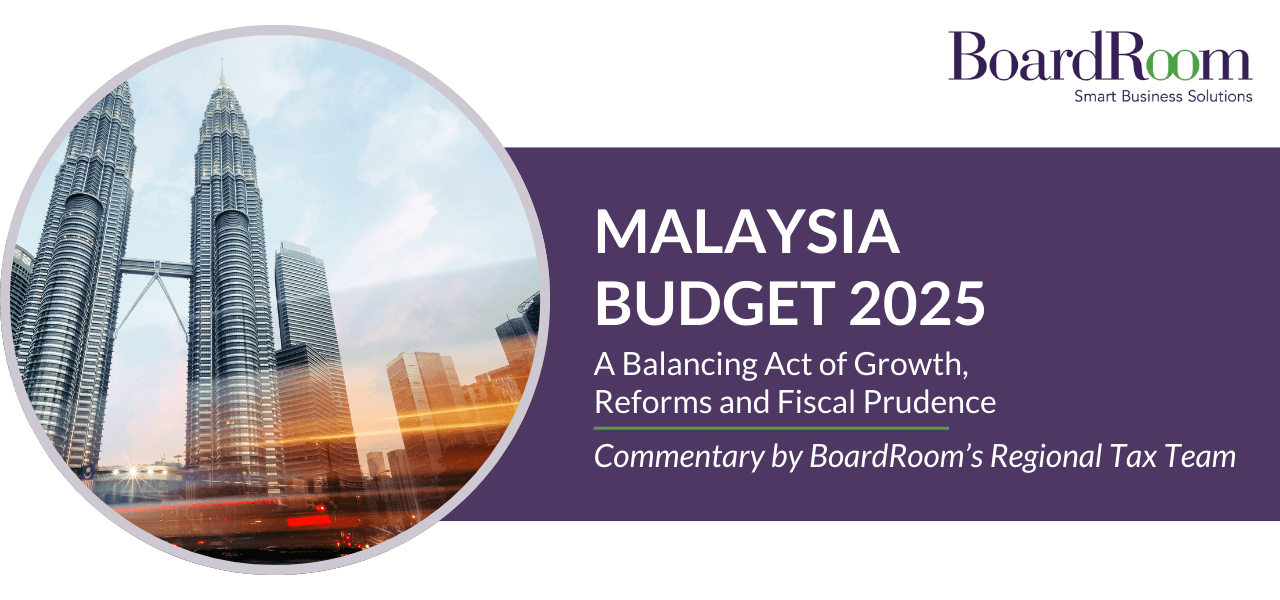
28 Oct 2024
MY Budget 2025 : Key Tax Measures You Need to Know
Our exclusive Malaysia Budget 2025 Commentary delves into the intricacies of these tax measures, providing valuable …
READ MORE -
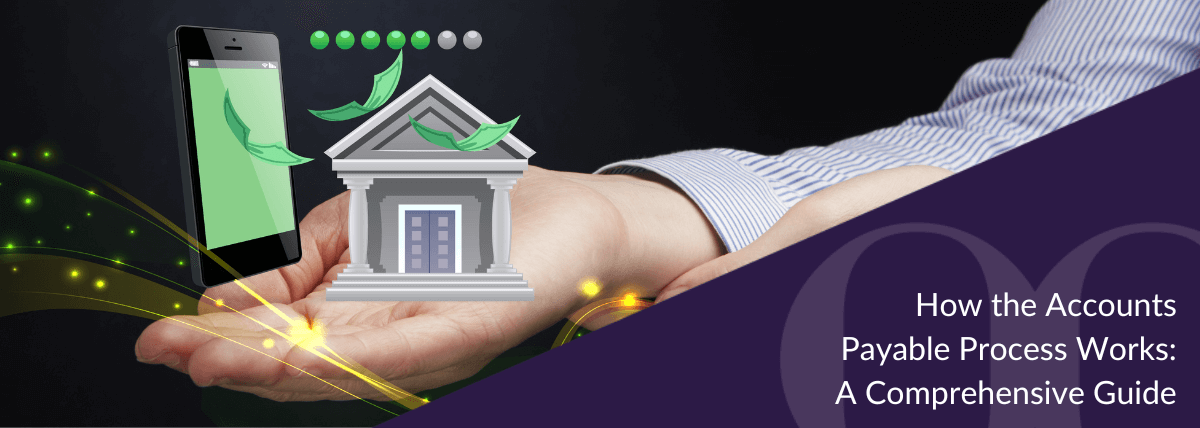
11 Oct 2024
How the Accounts Payable Process Works: A Comprehensive Guide
Learn how our outsourced services can streamline your accounts payable process to enhance efficiency, reduce costs, …
READ MORE -

26 Aug 2024
Mastering Payroll in Manufacturing Industry: Advanced Solutions for a Global Workforce
Simplify your payroll processing in manufacturing industry with BoardRoom’s real-time data processing and advance …
READ MORE









